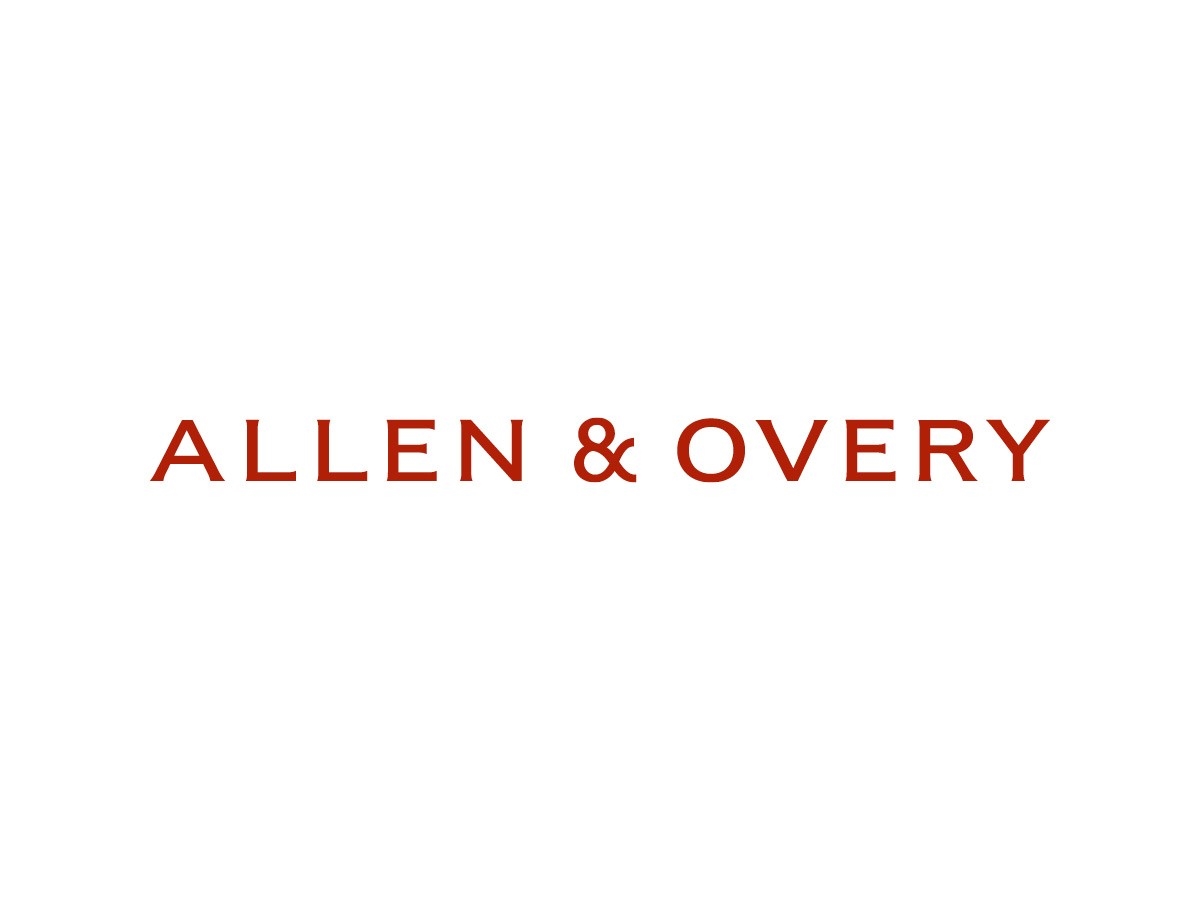
The rule against reflective loss means that a shareholder cannot bring a claim for a loss suffered by the company, for example damages based on a diminution in the market value of shares or a likely diminution in dividend, where the company itself has its own cause of action. A shareholder’s loss is said to be merely a “reflection” of the loss suffered by the company, and the company (or its liquidator) is the proper claimant.
In Marex, the majority of the Supreme Court reaffirmed the rule, but limited its application to a claim by a shareholder qua shareholder only. It does not apply, the Court said, to a claim by anyone else, including a creditor.
In this more recent decision, the Court had to decide whether the rule applied to an “indirect” shareholder, ie an individual who is a shareholder of a company (A), which itself is a shareholder in another company (B), which holds shares in a third company (C). Does the rule prohibit a claim by the individual against B or C?
An oral joint venture agreement
Mr Smith and two claimants, a company (BIG Ltd) and Mr Burgess (an indirect shareholder in BIG Ltd, via his shareholding in another company) entered into an oral joint venture agreement agreeing to set up a holding company (holdco) with BIG Ltd as one of the shareholders. Mr Smith was then meant (but failed) to procure the transfer to holdco of two further companies, which were to become holdco’s operating subsidiaries. Holdco went into creditors’ voluntary liquidation.
BIG Ltd and Mr Burgess claimed for losses resulting from the breach of the oral agreement by Mr Smith. BIG Ltd claimed for its losses in the form of a diminution in the value of its shares in holdco, and a diminution in dividends received. Mr Burgess claimed for the same losses, but only as an indirect (rather than a direct) shareholder, via BIG Ltd, in holdco.
Mr Smith claimed that the claims by both BIG Ltd and Mr Burgess were barred by the reflective loss rule.
Company has a cause of action, so reflective loss rule applies to shareholder’s claim
The claimants argued that the rule could not apply to their claims as holdco was not party to the oral agreement that was breached and therefore did not have a concurrent cause of action against Mr Smith.
The court disagreed. The agreement envisaged the transfer to holdco of the two operating companies. This was a benefit that holdco could enforce under the Contracts (Rights of Third Parties) Act 1999. BIG Ltd’s claims (as a shareholder) were therefore barred by the reflective loss rule as holdco had its own concurrent cause of action. The court also found that the rule barred BIG Ltd’s claims for specific performance of the joint venture agreement.
The reflective loss rule does not apply to indirect shareholders
As to the claim by Mr Burgess, the claimants argued that the reflective loss rule does not apply to the loss suffered by him, as he was only an indirect shareholder in holdco.
The court agreed, relying on Marex, and noting that the rule originates from the legal relationship between a shareholder and a company; it does not apply in any other circumstances, including to “quasi-shareholder” claims: “To blur that distinction is to ignore the separate legal personality of the companies which form the intervening links in the chain between the claimant and the loss-suffering company”.
Comment
This decision is welcome confirmation that the reflective loss rule does not apply to indirect shareholders. This may interest an investor seeking to acquire sizeable equity in a company. An intermediate holding structure may help to ensure that any future claim by the investor linked to the fall in value of its indirect shareholding is not barred by the rule, albeit of course the investor would still need to have a cause of action against the defendant.
"claim" - Google News
December 03, 2020 at 01:28AM
https://ift.tt/36BxTRv
Reflective loss rule does not apply to claim by indirect shareholder - JD Supra
"claim" - Google News
https://ift.tt/2FrzzOU
https://ift.tt/2VZxqTS
Bagikan Berita Ini















0 Response to "Reflective loss rule does not apply to claim by indirect shareholder - JD Supra"
Post a Comment